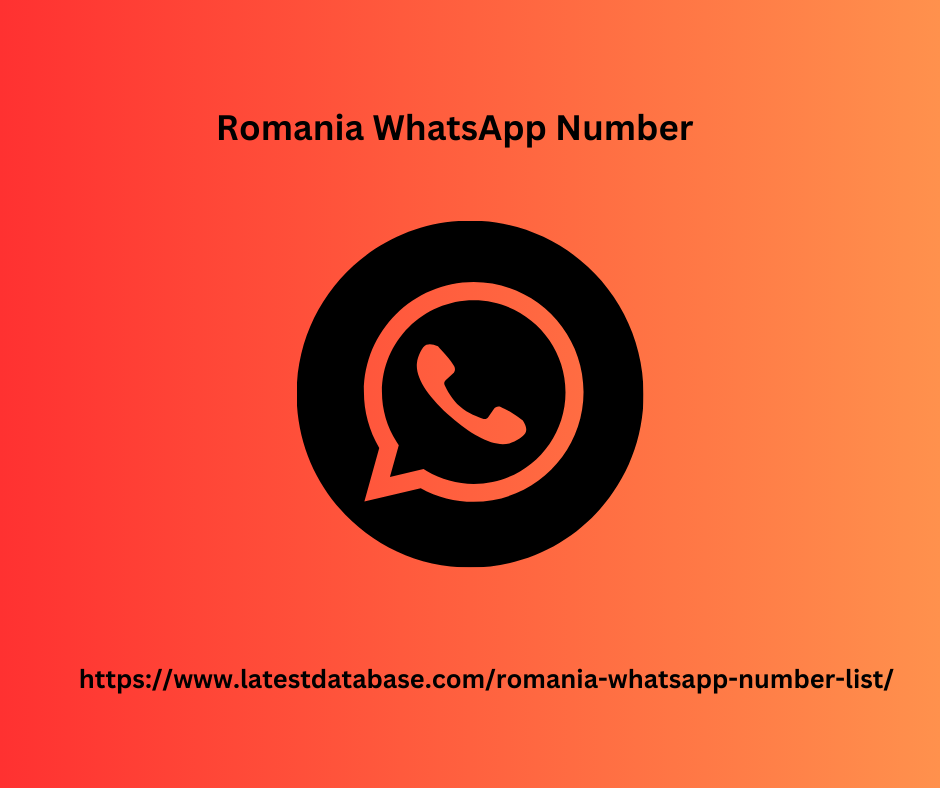|
|
There has always been talk of the difference between theory and practice. Therefore, in knowledge commerce, what is passed on is diverse knowledge, not necessarily scientific, taught through a model that does not have the formal footprint of schools. In formal study, knowledge usually literally replicates what was formally learned, the theory. In contrast, in knowledge commerce, we package teaching based on life experience and practice. One model is general, the other personal, but, in the current expectation that everything is quick and practical, teaching by . Therefore, we prefer stories to imposing content, practice to theory, experiences to assumptions. Entrepreneurstake advantage of the
opportunities created by the internet to share their knowledge and earn Romania WhatsApp Number from it, since, although formal education is also being offered online, the information transmission model remains the same, what changes is the medium. However, in the knowledge trade, in addition to changing the medium, the form also changes. The market for knowledge trade And, if you have doubts about the consumer market, and wonder if there are really people interested in this, it's easy to find out. Notice the growth of certain occupations between 2003 and 2013 in this US Census

survey of art work and content . knowledge trade The growth in the number of self-employed workers has increased absurdly. And the study is 6 years old. Some jobs are typical of freelance and telecommuting, but the biggest percentage growth comes from knowledge-related activities such as writers, photographers and other content creators. Non-formal knowledge trade courses tend to be geared towards rapid implementation in order to become a job option. Micro courses are, today, a reality even in formal schools. Offering quick solutions through step-by-step guides also has the added benefit of saving time and instant implementation, and the appeal of quick responses to immediate demands.
|
|